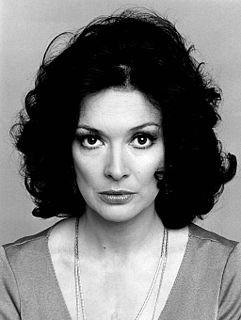A Quote by Alexis de Tocqueville
I questioned the faithful of all communions; I particularly sought the society of clergymen, who are the depositories of the various creeds and have a personal interest in their survival ... all thought the main reason for the quiet sway of religion over their country was the complete separation of church and state. I have no hesitation in stating that throughout my stay in America I met nobody, lay or cleric, who did not agree about that.
Quote Topics
About
Agree
America
Church
Church And State
Clergymen
Complete
Country
Creeds
Did
Faithful
Hesitation
Interest
Lay
Main
Met
Nobody
Over
Particularly
Personal
Personal Interest
Questioned
Quiet
Reason
Religion
Separation
Separation Of Church And State
Society
Sought
State
Stay
Survival
Sway
Thought
Throughout
Various
Related Quotes
The separation of church and state is necessary partly because if religion is good then the state shouldn't interfere with the religious vision or with the religious prophet. There must be a realm of truth beyond political competence, that's why there must be a separation of churches, but if religion is bad and a bad religion is one that gives an ultimate sanctity to some particular cause. Then religion mustn't interfere with the state - so one of the basic Democratic principles as we know it in America is the separation of church and state.
Total separation of church and state was considered the best safeguard for the health of each. As [Andrew] Jackson explained, in refusing to name a fast day, he feared to 'disturb the security which religion now enjoys in this country, in its complete separation from the political concerns of the General Government.'
Everyone in the United States is so intense about maintaining a separation between Church and State when the real concern should be about keeping a separation between Corporations and State--because in America (and most of the rest of the Western World, for that matter) economics is the real religion.
The First Amendment...does not say that in every respect there shall be a separation of Church and State....Otherwise the state and religion would be aliens to each other - hostile, suspicious, and even unfriendly....The state may not establish a 'religion of secularism' in the sense of affirmatively opposing or showing hostility to religion, thus preferring those who believe in no religion over those who do believe.





































